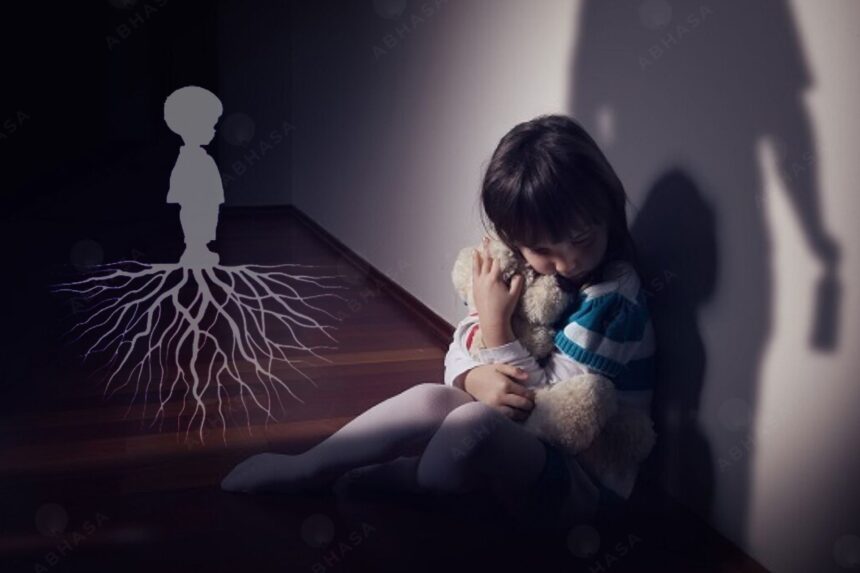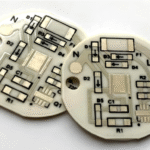Introduction
Childhood experiences shape the foundation of a person’s mental, emotional, and physical well-being. While positive experiences foster resilience and confidence, traumatic experiences can have lasting consequences. Childhood trauma affects brain development, emotional regulation, relationships, and even physical health well into adulthood. Childhood trauma affects brain development, emotional regulation, relationships, and even physical health well into adulthood. In cases involving sexual abuse, consulting a sexual abuse lawyer can provide crucial legal support and help survivors seek justice.
Understanding the long-term effects of childhood trauma on adulthood is crucial for recognizing its impact and finding ways to heal. This article explores how trauma experienced in childhood influences mental health, emotional well-being, relationships, and overall life satisfaction in adulthood.
Understanding Childhood Trauma
Childhood trauma includes any distressing or harmful experience that overwhelms a child’s ability to cope. Common examples include:
- Physical, emotional, or sexual abuse
- Neglect or abandonment
- Exposure to domestic violence
- Loss of a parent or caregiver
- Bullying and social isolation
- Poverty and unstable living conditions
According to the Adverse Childhood Experiences (ACE) Study by the CDC and Kaiser Permanente, childhood trauma is linked to increased risks of mental and physical health issues ‘in adulthood (Felitti et al., 1998).
How Childhood Trauma Affects Adulthood
1. Mental Health Challenges
Many adults who experienced childhood trauma struggle with mental health disorders, including:
- Depression and Anxiety – Trauma can alter brain chemistry, leading to persistent sadness and excessive worry.
- Post-Traumatic Stress Disorder (PTSD) – Flashbacks, nightmares, and heightened stress responses are common among trauma survivors.
- Personality Disorders – Borderline personality disorder (BPD) is frequently linked to childhood trauma (Zanarini et al., 2002).
- Substance Abuse – Many individuals turn to alcohol or drugs as a coping mechanism.
2. Difficulties in Emotional Regulation
Childhood trauma affects the amygdala, hippocampus, and prefrontal cortex—parts of the brain responsible for processing emotions. As a result, adults who experienced trauma often struggle with:
- Emotional numbness or detachment
- Intense mood swings and anger issues
- Overreacting to minor stressors (hypervigilance)
- Fear of abandonment and rejection sensitivity
3. Challenges in Forming Healthy Relationships
Early trauma impacts attachment styles, which influence how individuals connect with others in adulthood:
- Avoidant Attachment – Fear of intimacy and difficulty trusting others.
- Anxious Attachment – Constant fear of rejection and seeking validation.
- Disorganized Attachment – A mix of avoidant and anxious tendencies, leading to instability in relationships.
Adults with unresolved trauma may struggle with:
- Trust issues and difficulty forming close connections.
- Fear of commitment or staying in toxic relationships.
- Codependency or excessive emotional reliance on others.
4. Physical Health Consequences
Childhood trauma is linked to chronic health issues in adulthood, including:
- Heart disease and high blood pressure
- Obesity and eating disorders
- Weakened immune system
- Gastrointestinal disorders (IBS, ulcers)
A study published in The American Journal of Preventive Medicine found that individuals with high ACE scores had a significantly increased risk of developing chronic illnesses (Anda et al., 2006).
5. Cognitive and Work-Life Challenges
Trauma affects brain development, leading to difficulties in:
- Decision-making and problem-solving
- Memory and concentration issues
- Workplace anxiety and burnout
- Low self-esteem and imposter syndrome
Adults with childhood trauma may also struggle with career stability due to fear of failure, self-sabotage, or difficulty handling workplace stress.
Healing from Childhood Trauma
Despite its deep impact, healing from childhood trauma is possible. Recovery involves self-awareness, therapy, and self-care practices.
1. Seeking Therapy and Professional Help
- Cognitive Behavioral Therapy (CBT) helps reframe negative thought patterns.
- Eye Movement Desensitization and Reprocessing (EMDR) is effective for processing traumatic memories.
- Group therapy and support groups provide community and shared healing experiences.
2. Building Healthy Relationships
- Surround yourself with supportive and understanding individuals.
- Set healthy boundaries to protect your emotional well-being.
- Work on effective communication and trust-building.
3. Practicing Mindfulness and Stress Management
- Meditation and deep breathing help regulate emotions.
- Journaling allows for emotional processing.
- Physical activities like yoga and exercise release stress hormones.
4. Self-Compassion and Inner Work
- Replace self-criticism with positive self-affirmations.
- Engage in activities that bring joy and fulfillment.
- Recognize that healing is a journey, not a destination.
Conclusion
The long-term effects of childhood trauma on adulthood are profound, influencing mental health, relationships, physical health, and career stability. However, healing is possible with therapy, mindfulness, and strong support systems.
Understanding how trauma shapes adulthood allows individuals to take proactive steps toward healing, self-growth, and emotional resilience. If you or someone you know has experienced childhood trauma, remember that seeking help is a sign of strength and that healing is a lifelong journey.
References:
- Felitti, V. J., et al. (1998). Relationship of Childhood Abuse and Household Dysfunction to Many of the Leading Causes of Death in Adults. The Adverse Childhood Experiences (ACE) Study.
- Anda, R. F., et al. (2006). The Relationship of Adverse Childhood Experiences to Adult Health Status. American Journal of Preventive Medicine.
- Zanarini, M. C., et al. (2002). Childhood Trauma and Borderline Personality Disorder. American Journal of Psychiatry.


